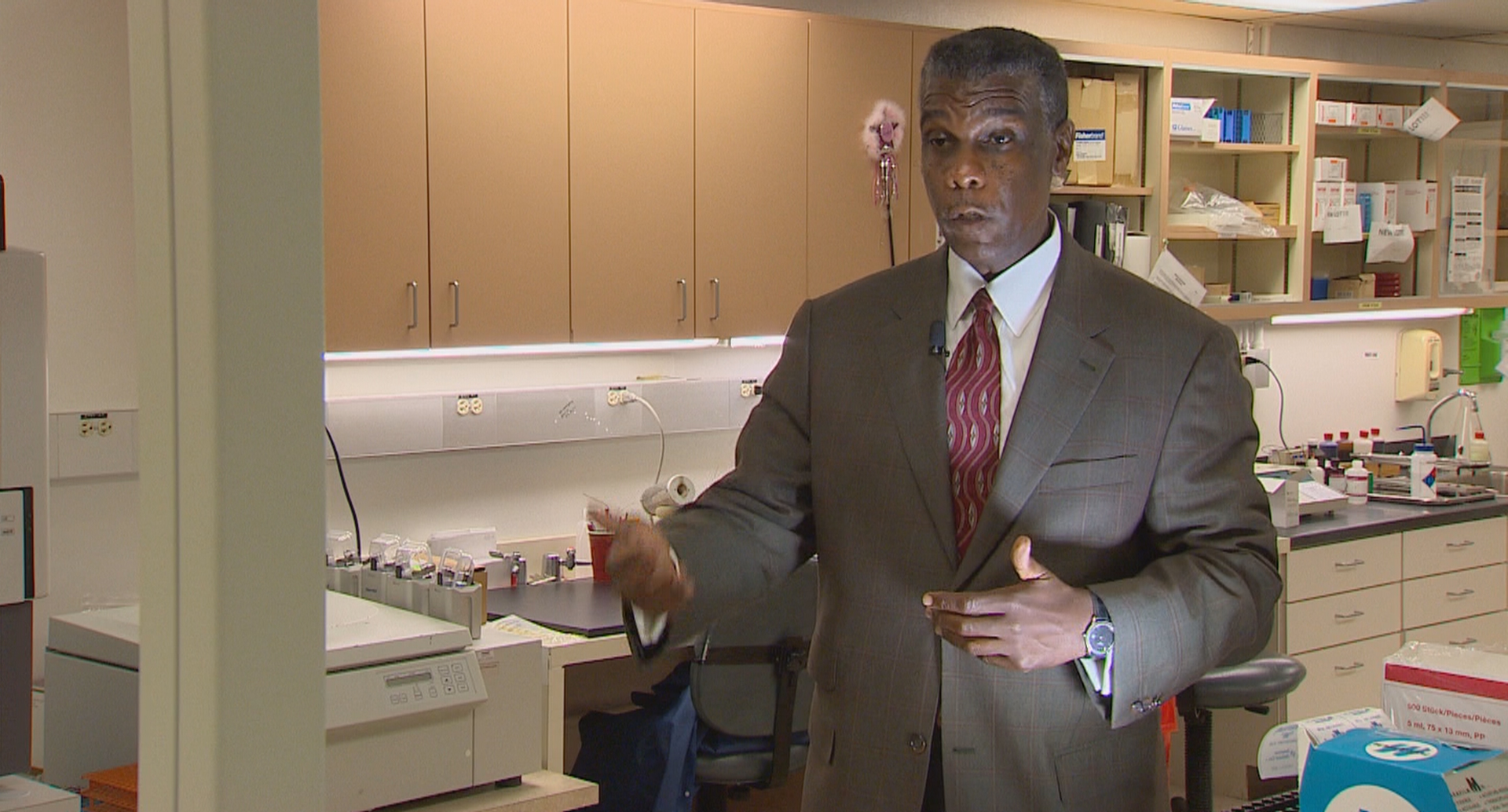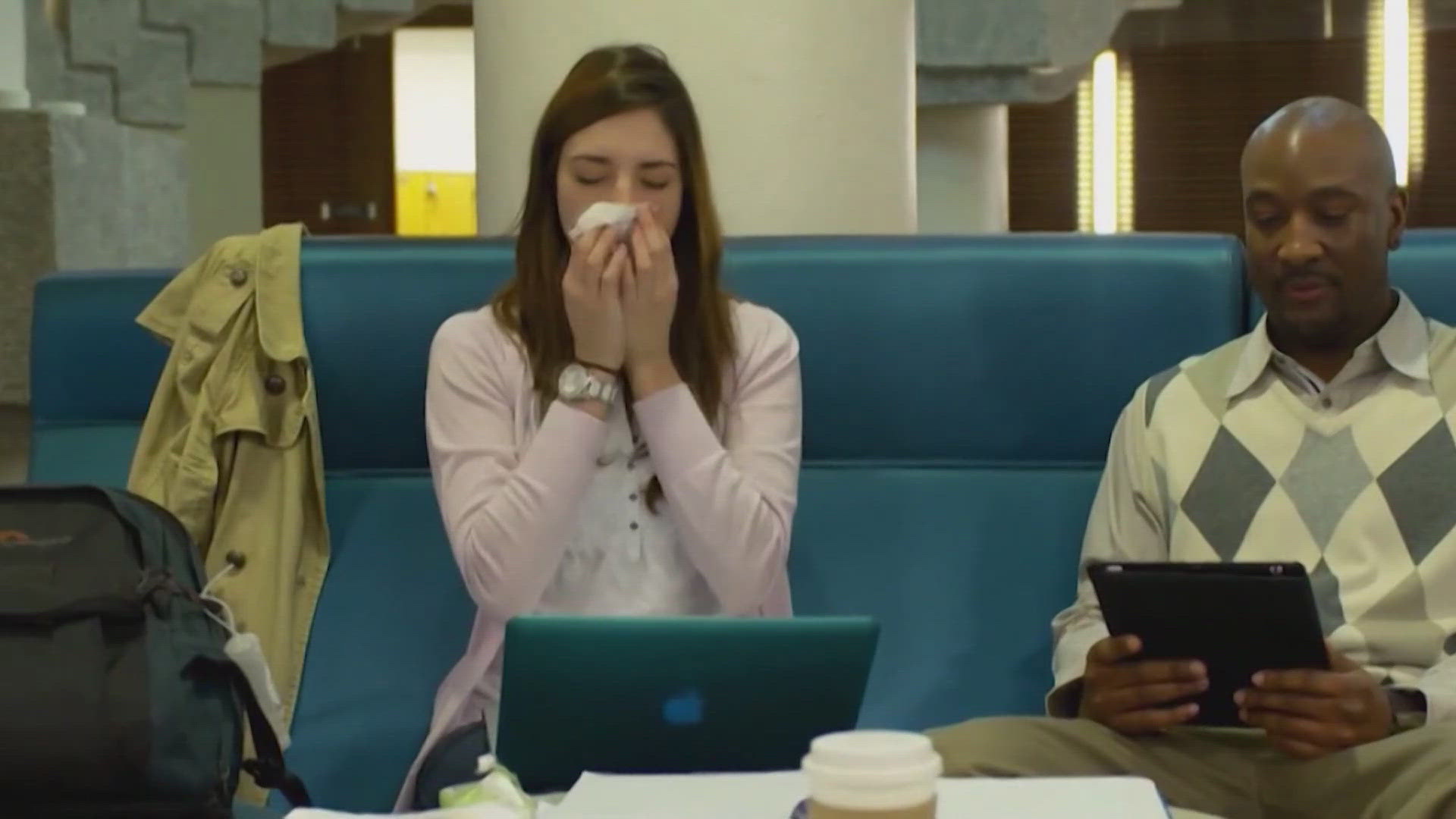DALLAS — One year after the Ebola crisis sent the city into a frenzy, News 8 is taking a look at the lessons learned by city officials and Dallas County Health and Human Services.
Among the places that have seen change is Dallas County's biosafety laboratory, where they test for the most deadly and infectious diseases.
"This is where the priority dangerous work occurs," said Daniel Serinaldi, with Dallas County Health and Human Services.
It's the same lab where Eric Duncan's sample was first taken when they suspected he was infected with Ebola.
"Still, when you have a disease like that that no one's seen before it's nerve-racking," said Joey Stringer, who runs the lab.
The county wasn't prepared or authorized to test the sample, so Serinaldi had to drive it to Austin to the state lab.
"Just in the county car," he said. "We drove out there [with] the specimen in the back seat, back in the trunk and that's about it."
![Ebola One Year Later: Lessons learned by the health department[ID=73014210] ID=73014210](http://wfaa-download.edgesuite.net/video/73014210/73014210_Still.jpg) That's why it took a couple of days to get the results back.
That's why it took a couple of days to get the results back.
"We didn't know when this was going to end but we knew the public needed a quick result regarding the specimens we were testing," said Zach Thompson, the director of Dallas County Health and Human Services says. "And a six-hour drive and maybe 24 hours later finding out was unacceptable."
So, Dallas County pushed the CDC to validate its lab, and they did. They became the first county in the nation to test for Ebola. They can now get results in three to four hours. In the last year, the county has tested 12 people for deadly virus.
A year later, the county and hospitals are working closer together to better screen patients. Parkland Hospital has screened more than 1.4 million people for the infectious disease.
"Every patient that touches our system gets screened, and that's totally different than it was a year ago," said Dr. Alex Eastman, who runs Parkland's trauma unit.
Every patient is asked if they have traveled to an infected area of the world or have had contact with an infectious person.
"Patients are still showing up at our health care facilities around the Metroplex, ours included, who have come from Ebola-infected areas," Eastman said.
Just last week, the county ended its monitoring of the more than 100 people that were potentially exposed to the virus.
But, one thing that's still lacking is a facility to take in an infected person. There's no hospital in North Texas designated to care for an Ebola patient. Instead, they will have to be sent out of state.
"We are way too big of a city and way too big of a community with way too much expertise in the community to have to transfer these patients elsewhere," Eastman said.
Still, a year later, Dallas County is better prepared if Ebola shows up again on its front doorstep.


